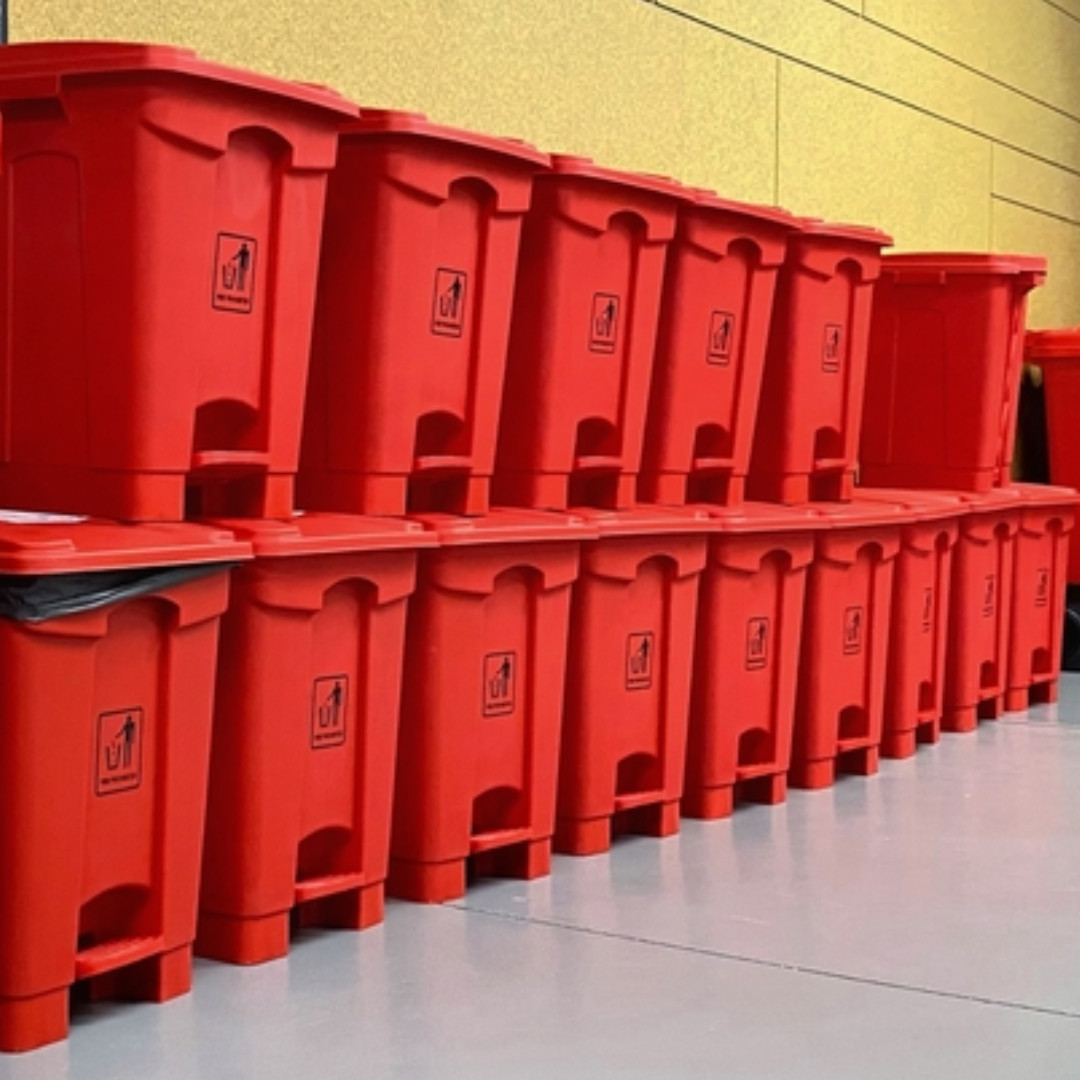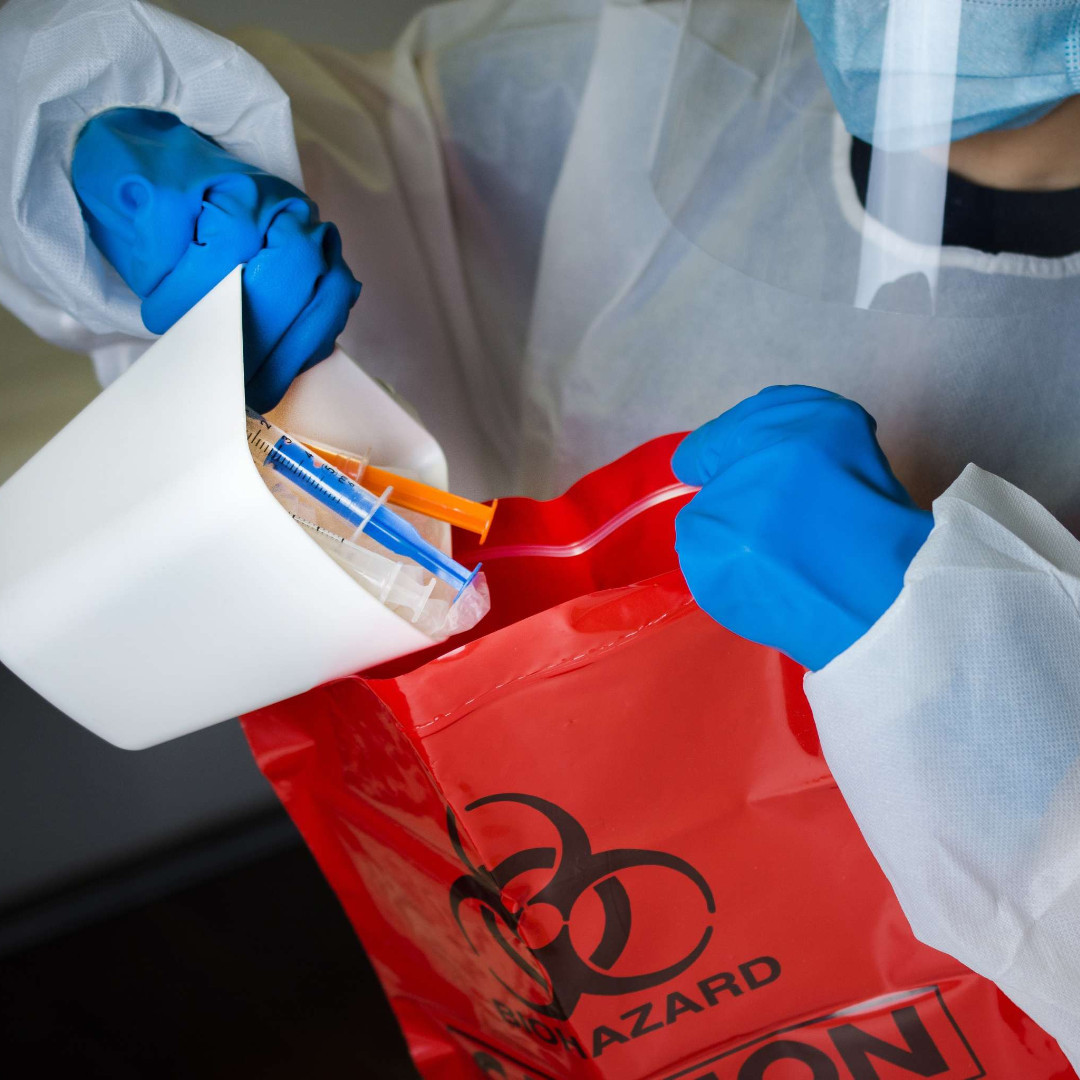Curtis Bay Energy, the owner and operator of a medical waste incinerator facility in Baltimore, has pleaded guilty to charges related to the insufficient treatment and improper handling of special medical waste and the operation and concealment of an unpermitted discharge outlet. This sentence marks one of the largest penalties for an environmental criminal case administered by the Maryland attorney general’s office.
Curtis Bay Energy has been placed on a 2-year probation and ordered to pay a fine of $1 million to the Maryland Clean Water Fund. As a special condition of its probation, Curtis Bay Energy will fund a supplemental environmental project (SEP) that will give $750,000 to communities surrounding the facility. The SEP will be administered by the Chesapeake Bay Trust, a nonprofit grant-making organization.
“This was a case of burn more waste and make more money no matter the consequences, with absolutely no regard for the community,” Maryland Attorney General Anthony Brown says. “Our investigation documented a pattern and practice of willful disregard for Curtis Bay Energy’s own procedures. The sustained and persistent improper treatment of special medical waste by the facility’s previous owners created a clear and obvious threat to public health.”
In 2019, the Maryland Environmental and Natural Resources Crimes Unit (ENRCU) began an investigation of Curtis Bay Energy, establishing evidence of systemic, improper and unsafe handling, transport and disposal of insufficiently incinerated special medical waste. This improper handling, transport and disposal violated the company’s refuse disposal permit issued by the Maryland Department of the Environment (MDE).
In its guilty plea, Curtis Bay Energy admitted employees routinely overloaded the facility’s incinerators with special medical waste to process material faster, which resulted in insufficiently incinerated waste being sent for disposal. This occurred with the knowledge of, and, at times, the direction of facility management. The issues with improperly incinerated waste were documented in facility records and reports.
Special medical waste is waste likely to have been contaminated by an organism capable of causing disease in healthy humans. It consists primarily of “red bag” waste from hospital and laboratory settings. To protect the community and environment, special medical waste is treated by incineration prior to disposal, where combustible materials are reduced to carbonized ash at a permitted solid waste landfill.
When it learned of the investigation in early 2020, ENRCU says Curtis Bay Energy cooperated with the investigation and began remedying violations. The facility was purchased by new owners in early 2021 and has completed improvements to infrastructure. The attorney general’s office says the new owners of Curtis Bay Energy have fully cooperated with the investigation into historical violations committed by former employees under prior ownership and management of the company.
“The $750,000 in grant monies will provide direct environmental improvements to the overburdened and underserved community in which the facility is situated,” Brown says.
Curtis Bay Energy’s former director of plant operations and plant manager were charged in connection with the violations as well.
This post, Curtis Bay Energy Pleads Guilty to Improper Handling of Special Medical Waste, was first published by Waste Today Magazine on October 20, 2023.











